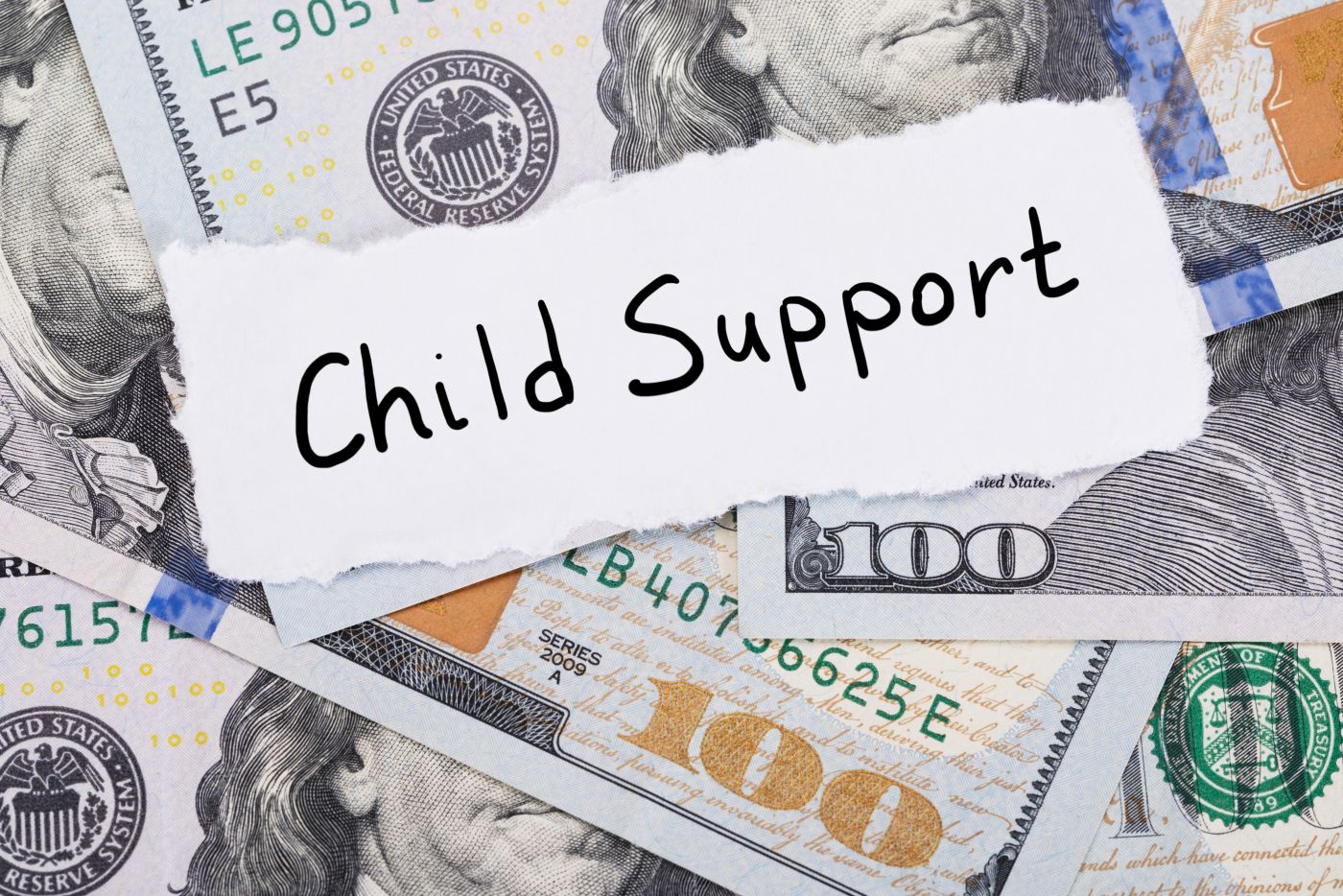
Child custody agreements are designed to meet the needs of children and parents at the time they’re created. However, life circumstances can change, and parents might need to alter their agreements to reflect new situations. This is where The Okoh-Brown Law Group, PLLC can step in to help.
Modifying a child custody agreement involves more than just a simple request to change terms—it requires understanding both the legal process and what's in the best interest of the child. Here, Attorney Lisa M. Potter will explain how to modify a child custody agreement, the process involved, and what factors may be considered when making these changes.
Recognizing When a Modification Is Necessary
There are various situations where it may be appropriate to modify an existing child custody agreement. Often, significant changes in either parent's circumstances or the child's needs are the catalysts for this.
For example, a parent might experience a change in their work schedule, relocate to a different area, or face changes in their financial or living situation. In some cases, the child’s health, educational needs, or other factors may shift, leading to the need for a modification.
Family law recognizes that these changes can impact how a custody agreement functions and how well it meets the best interests of the child. A modification is typically sought when the existing arrangement no longer works for the family.
This could be a result of a parent’s inability to meet the terms of the agreement or because it becomes clear that a new arrangement would be more beneficial for the child.
It’s important to keep in mind that not every change in circumstances will automatically justify a modification. For instance, small adjustments or routine scheduling changes might not require a court hearing. However, when a substantial change in life circumstances occurs, parents may want to consider how it will impact the existing custody arrangement.
What Needs to Be Proven for a Modification?
In family law, modifications to a child custody agreement must be based on legitimate grounds. When requesting a change, the parent seeking the modification must present evidence that a significant change in circumstances has occurred since the original agreement was made.
The court will look at the nature of these changes and assess whether they’re substantial enough to affect the child’s well-being. Some common reasons for requesting a modification include:
A change in one parent’s living situation: If a parent moves to a new city or state or experiences a significant shift in their financial situation, this could impact the custody arrangement.
Changes in the child’s needs: As children grow, their needs may evolve. A 3-year-old child’s needs differ greatly from a 13-year-old’s, and the court may agree to adjust the custody agreement to reflect these changing requirements.
Parental unfitness: If a parent develops an issue such as substance abuse, mental illness, or criminal behavior that affects their ability to care for the child, a modification may be necessary to protect the child.
The child’s preferences: In some cases, as children get older, they may express a preference to live with one parent more than the other. In many states, children over a certain age (typically 12 or 14) can voice their wishes, although the court will still consider whether the change serves the child’s best interests.
If parents agree to modify their custody arrangement, they may be able to amend the agreement outside of court, but many modifications require formal approval.
How to File for a Custody Modification
The process starts with filing a petition for modification with the court that issued the original custody order.
In some states, this may be done through a family law court, but in others, it may require the intervention of a different court or judicial body. When filing a petition for a custody modification, the parent must complete the required forms, which may vary by jurisdiction.
These forms will usually ask for basic information about the case, the reason for the modification, and any supporting documentation. This might include evidence of a change in living conditions, medical records, or any police or legal documents that can support the claim.
Once the petition is filed, the court will set a hearing date. Both parents will be required to attend this hearing, during which they’ll have the opportunity to present their case. The court will then decide whether a modification is warranted. If the modification is approved, the judge will issue a new child custody order that reflects the updated terms.
The Court’s Part in Modifying Custody Agreements
The court’s primary concern when modifying a child custody agreement is always the best interests of the child. Family law courts use a variety of factors to determine what arrangement will serve the child most effectively.
These factors can include the parent’s ability to provide for the child’s physical, emotional, and psychological needs, the stability of each home environment, and the nature of the parent-child relationship.
In many cases, courts will try to make modifications that allow the child to maintain a relationship with both parents, provided that it’s safe and in the child’s best interest. If one parent is seeking primary custody, the court will assess whether that arrangement would provide the child with a better, more stable living situation.
The court will also consider the child’s preferences, but this doesn’t mean that the child’s wishes will automatically determine the outcome. Judges often weigh the maturity of the child and whether their preference is based on sound reasoning or influenced by other factors.
Courts will also review the history of the child’s relationship with both parents and whether one parent has previously violated the terms of the custody agreement. Oftentimes, the parents won’t agree on these big changes.
What Happens If the Parents Disagree?
In some cases, parents may disagree about whether a modification is necessary or what the new custody arrangement should look like. If both parents can't reach an agreement outside of court, the dispute will be resolved through a hearing where both sides present their arguments.
Family law judges are well-versed in handling custody disputes, but they’ll only make a ruling after considering all relevant evidence. In some cases, the judge may appoint a mediator or parenting coordinator to help the parents come to a resolution without further court intervention.
Mediation can be a beneficial tool for parents who have difficulty communicating or are unable to negotiate an agreement on their own. Mediators are trained to facilitate discussions and may help the parents find common ground without needing to go to trial.
If mediation or other efforts to resolve the dispute outside of court fail, the judge will make the final decision regarding the custody modification. This decision will be legally binding unless one of the parents files an appeal.
Modifications and Parental Cooperation
One of the key factors in successfully modifying a child custody agreement is the level of cooperation between the parents. Courts generally prefer when parents can work together to modify an arrangement outside of formal court proceedings.
If both parents are in agreement about the proposed changes and can communicate effectively, they may be able to avoid a lengthy court battle. However, if one parent is unwilling to agree to the modification, the situation becomes more complicated, and the court’s involvement becomes necessary.
The more cooperative the parents are, the more likely it's that the modification process will proceed smoothly. Parents who can work together and compromise are more likely to find a solution that's in the child’s best interests, which is ultimately what family law courts aim to achieve.
Working with family law professionals and understanding the court’s standards will make it easier for parents to handle the process. Ultimately, a modification is about finding the best possible arrangement for the child and seeing that their physical, emotional, and psychological needs are met, even as circumstances change.
Contact Lisa Today
By approaching the process thoughtfully, parents can help create a child custody arrangement that reflects the child’s current and future needs. Are you ready to partner with an experienced family law attorney? Lisa serves clients throughout Texas, including Houston, Dallas, Fort Worth, San Antonio, El Paso, and beyond. Call The Okoh-Brown Law Group, PLLC today.



